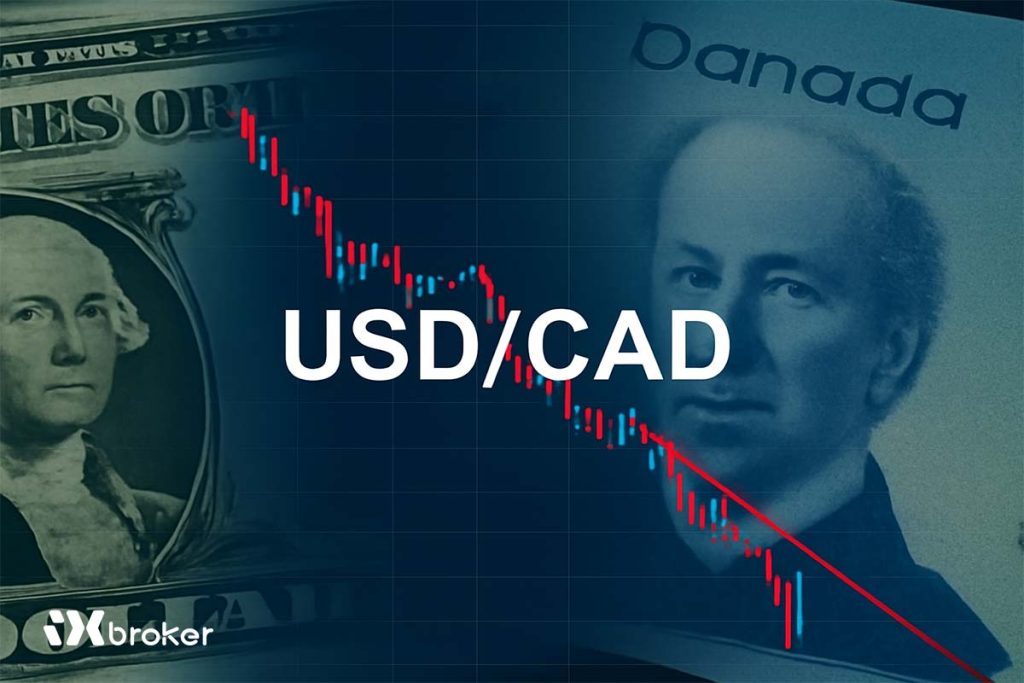BEIJING — The Nasdaq stock exchange in the U.S. is set to implement new listing requirements that will make it more challenging for small Chinese companies to list in New York, following a surge in small initial public offerings (IPOs).
As part of the proposed changes, companies primarily operating in China will now be required to raise at least $25 million in IPOs to list on the exchange, Nasdaq announced late Wednesday local time.
This move comes amid rising tensions between the U.S. and China, as well as broader issues in the Nasdaq’s financial market.
Winston Ma, adjunct professor at NYU School of Law, commented: “It will be more difficult for small Chinese companies to go public on Nasdaq under the new rule. The rule is a response to some IPO cases involving ‘pump and dump’ schemes due to small float sizes.”
While there have been few large Chinese IPOs in the U.S. since the controversy surrounding ride-hailing company Didi’s New York listing in 2021, 35 small Chinese companies went public in New York in 2024, nearly double the 17 U.S.-based microcap listings, according to Renaissance Capital.
Microcaps are typically stocks with market capitalizations between $50 million and $300 million, meaning these companies raised only a few million dollars in their IPOs.
Gary Dvorchak, managing director at Blueshirt Group, which advises Chinese companies on IPOs, called the rule change “a positive.” He added, “I think it will instill more confidence that companies listing on Nasdaq are doing so for legitimate reasons, reducing the likelihood of stock manipulation and ultimately protecting these companies.”
Nasdaq has noted that Chinese listings present greater risks to U.S. investors due to the inability of U.S. authorities to take legal action against entities or individuals involved in potential manipulative trading activities. The exchange has also observed that Chinese companies with IPO offering sizes below $25 million tend to face a higher rate of compliance concerns.
The U.S. Securities and Exchange Commission (SEC) must formally approve Nasdaq’s proposal. Companies already in the IPO process will have 30 days to complete their filings under the prior rules, Nasdaq said, while all future listings will need to comply with the new requirements.
The New York Stock Exchange, which typically handles larger IPOs, did not immediately comment outside U.S. business hours. Neither the SEC nor China’s Securities Regulatory Commission responded immediately.
Rising Tensions Between the U.S. and China
The Nasdaq’s new rule comes amid escalating tensions between the U.S. and China. Stephen Olson, a visiting senior fellow at the ISEAS-Yusof Ishak Institute, pointed out that the rule change is just one example of the increasing complexity in business, trade, and investment relations between the two nations.
The announcement followed Beijing’s decision to impose new punitive tariffs on some U.S. optical fiber producers, effective Thursday. “China is saying: we are prepared to fight fire with fire,” Olson said. “The trade truce is just a temporary band-aid and could collapse at any time.”
The tariffs are a response to a six-month investigation that found some U.S. exporters had circumvented China’s anti-dumping levies by selling modified optical fiber. As a result, U.S. companies such as Corning now face tariffs up to 37.9% on exports to China.
This move reflects China’s increasing economic leverage in trade disputes, as its most advanced imports from the U.S., including optical fiber and semiconductor technology, carry significant value.
Increased Scrutiny of Chinese IPOs
In recent years, U.S. regulators have increased their scrutiny of small Chinese IPOs. Underwriters for IPOs with market capitalizations below $600 million saw their average commission triple to 12% in 2020, according to the Hong Kong stock exchange and local securities regulators.
In November 2022, the U.S. Financial Industry Regulatory Authority (FINRA) issued a warning about “significant unusual price increases” following IPOs of certain small-cap issuers, particularly those with operations in China. FINRA expressed concerns over potential market manipulation, including the use of foreign nationals to open accounts at U.S. broker-dealers and inflate prices through manipulative trades.
The SEC and FINRA have both raised concerns about “ramp and dump” schemes, which have evolved over time, with manipulation sometimes occurring weeks or months after the IPO instead of within just a few days.
Nasdaq’s new listing requirements represent a significant shift in the U.S. market’s approach to Chinese companies seeking to go public, reflecting both financial market concerns and geopolitical tensions.



